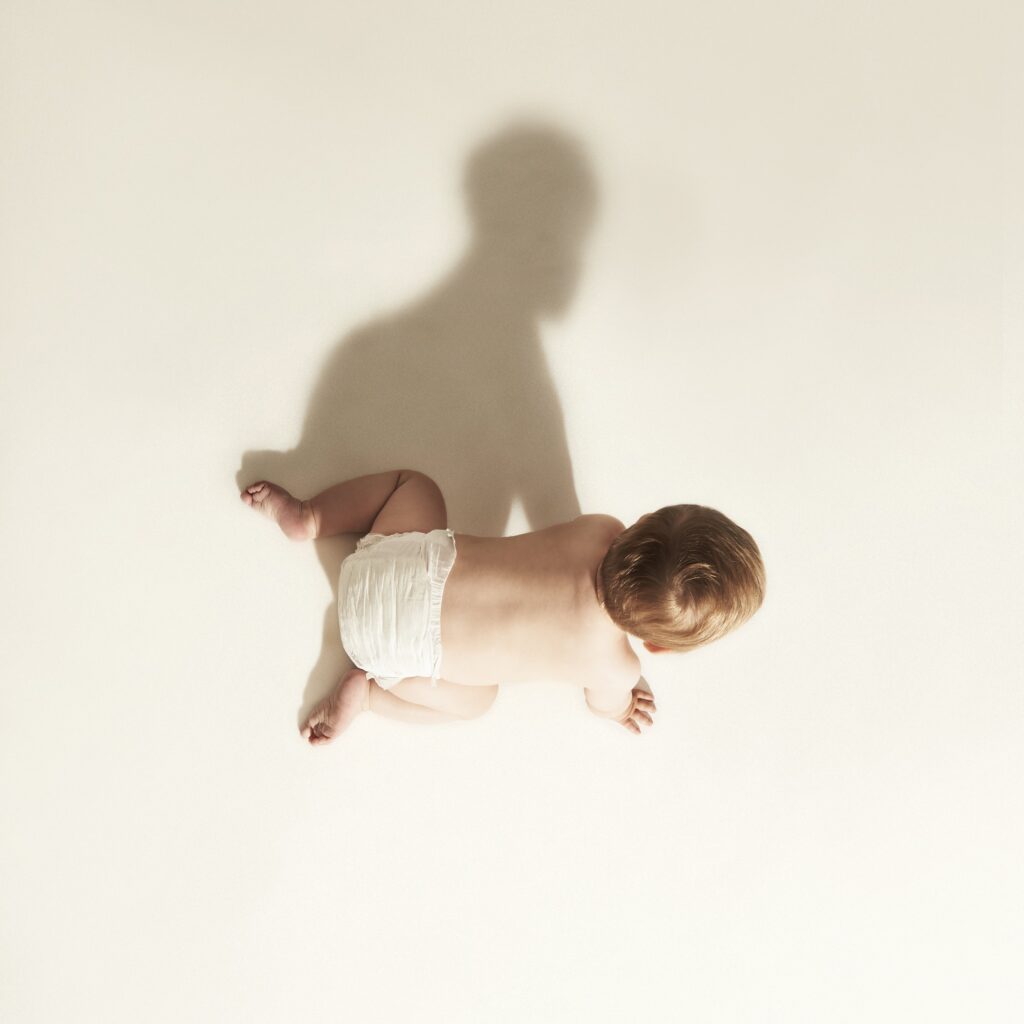I have a question for everybody: who wants to know how a baby understands what the Four Seasons Orlando is? Because my hand is raised.
If you’ve been on TikTok the last week, you’re likely already familiar with the video I’m referring to. In the viral TikTok that has since gained over 45 million views, content creator Stefanie O’Brien records an interaction with her family where someone offscreen asks, “I have a question for everybody: who wants to go to the Four Seasons Orlando?” and the baby responds “me” while raising her hand.
The baby in question has since been dubbed “conscious baby,” with many viewers wondering when babies actually do become conscious. In other words, when can babies understand what’s being asked of them or what’s going on in the world around them? Child psychiatrist Howard Pratt, DO, explains.
Experts Featured in This Article
Howard Pratt, DO, is a children’s psychiatrist and board-certified medical director at Community Health of South Florida, Inc.
When Do Babies Become Conscious?
It’s difficult to know when exactly babies begin to understand the world around them, Dr. Pratt explains. “Generally, a baby becomes conscious or aware of itself as early as five months of age, but most of the earliest memories we can access as adults are formed between the ages of three and four,” he adds.
When babies start making eye contact and responding to their name, that’s a good sign the baby is becoming conscious. However, Dr. Pratt notes it’s hard to know for sure if the baby is responding to their name or the sound they hear. “That’s not something you can determine with certainty,” he says. That said, a baby will most likely start interacting with their environment and understanding their consciousness as early as five months of age.
In this specific TikTok, however, Dr. Pratt doesn’t believe this baby (who is 13 months) actually knows she wants to go to the Four Seasons. Instead, the child may be “mirroring behavior that she’s seen” as many kids do, he adds. Sorry to all of you who thought this baby was a travel prodigy.
What’s most concerning to Dr. Pratt, however, is the amount of attention this baby is receiving – not because the video is harmful or not entertaining, but because it can lead to unhealthy comparisons. “A lot of people are likely now comparing this child to theirs while none of this can be proven or disproven,” Dr. Pratt reiterates. “Developmental milestones, such as when a child can walk or begin to speak, are far better measures of our children’s growth and development.”
Even though this conscious baby may not fully know what the Four Seasons Orlando is, let’s hope she gets a free stay for life.
Related: Baby Helmets Are Becoming More Common – but Are They Really Necessary?
Taylor Andrews is a Balance editor at PS who specializes in topics relating to sex, relationships, dating, sexual health, mental health, and more. In her six years working in editorial, she’s written about how semen is digested, why sex aftercare is the move, and how the overturn of Roe killed situationships.

